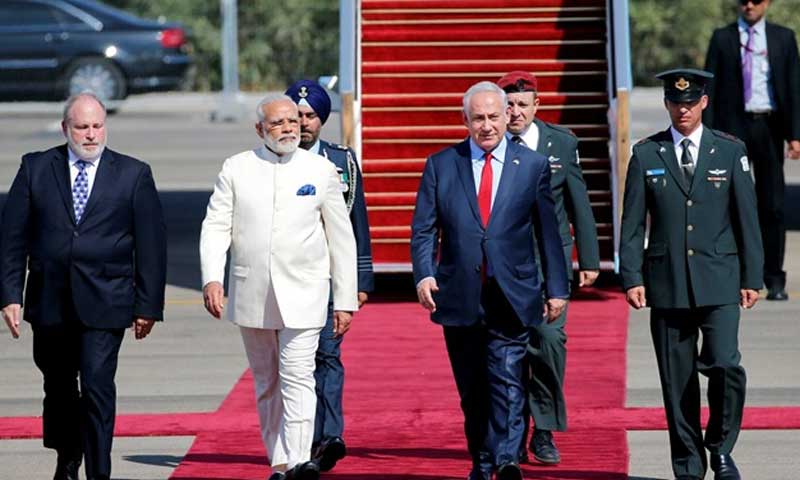- Web Desk
- Today
Trump’s historic comeback!
Donald Trump’s victory in the 2024 US presidential election marks one of the most unexpected comebacks in political history. After facing multiple criminal charges, including accusations of attempting to overturn the results of the 2020 election, Trump defied all odds to win back the presidency. This came after his conviction on serious charges, making him the first ex-president in US history to be convicted of a crime. Despite these legal battles, Trump managed to capture the hearts of millions of Americans, especially those frustrated by inflation and the handling of key issues by the Biden administration.
Trump’s victory speech highlighted his resilience, with a direct appeal to those who supported him through the turbulent period. For Trump, this win was not just about reclaiming the presidency but about asserting a vision that put ‘America First’. He promised to tackle inflation and reduce taxes, which resonated strongly with voters struggling under rising costs. His approach includes slashing taxes, supporting small businesses, and focusing on national manufacturing through tariffs on foreign goods, primarily targeting China. These measures are intended to bring jobs back to the US, reduce dependency on imports, and strengthen the economy.
However, Trump’s victory is not just significant for the US domestic landscape; it holds important implications for global geopolitics, particularly for countries like Pakistan. In terms of trade, China is likely to be the most affected by Trump’s economic policies. US tariffs on Chinese exports are expected to hurt China’s economy significantly, while Trump’s broader trade agenda will likely extend to countries like the UK as well. The shift toward a more inward-focused economic strategy under Trump could result in global trade tensions, with countries across Europe and Asia bracing for a possible economic battle.
Closer to home, Trump is expected to push for tighter immigration laws, especially with his commitment to building a stronger border with Mexico. With over 11 million undocumented immigrants in the US, Trump’s administration plans to increase deportations, relying on state-level cooperation and expanding local police roles. His focus on immigration policies might dominate his first term, possibly leading to a reduction in foreign aid, including to Pakistan, whose people may feel the repercussions of Trump’s tightened border policies.
Trump’s policy toward NATO will likely see a major overhaul. He has previously questioned the US’s financial commitment to NATO, pushing for member states to pay their fair share. This stance could lead to strained relations with European allies, particularly in light of the ongoing war in Ukraine. Trump’s skepticism toward US involvement in overseas conflicts means that Ukraine might no longer receive the level of support it did under Biden. For countries in the Middle East and beyond, Trump’s focus on reducing US military involvement could signal a significant shift in US foreign policy.
Pakistan, in particular, will have to navigate a complex relationship with the Trump administration. During his previous term, Trump’s policies were often unfavorable for Pakistan. His administration slashed military aid to Pakistan and focused primarily on the Afghanistan withdrawal. Under Trump’s second term, the country may find itself on the periphery of US foreign policy, with Trump’s attention diverted to domestic matters and his rivalry with China.
Pakistan’s role in Afghanistan, its proximity to China and Iran, and its past support for the Taliban during the US withdrawal could make it a challenging partner for the Trump administration. The new team of advisors under Trump might take a tougher stance on Pakistan, especially with figures like Zalmay Khalilzad, known for his hardline views on the country, possibly returning to key diplomatic roles. Khalilzad, who had been critical of the current Pakistani government for imprisoning former Prime Minister Imran Khan, may use his influence to strain US-Pakistan relations further. If reappointed, his presence could complicate diplomatic efforts, particularly as his vocal disapproval of Pakistan’s handling of internal political crises may heighten tensions between the two nations.
While Trump’s focus on internal issues will likely dominate his administration’s agenda, Pakistan’s leadership will need to recalibrate its approach to Washington. Given Trump’s populist policies, Pakistan will likely have to adjust its strategy to align with the US administration’s shifting priorities. As the Trump administration focuses more on its relationship with India, particularly with the growing ties between Trump and Prime Minister Narendra Modi, Pakistan may find itself sidelined in US foreign policy, especially as India and the US continue to build closer diplomatic and trade relations.
Trump’s relationship with Israel could also impact Pakistan’s position in global diplomacy. While Trump maintains strong ties with Israel, he is likely to push for a more restrained approach to the ongoing conflict in Gaza, considering the broader impact on U.S. relations in the Middle East. His administration’s pro-Israel stance will likely continue to shape his foreign policy, although it could also lead to more instability in the region.
Pakistan may also face challenges in its relationship with the U.S. as Trump pushes forward with policies that prioritize American interests. However, the potential for Pakistan to engage in meaningful dialogue with Trump’s administration remains uncertain. Pakistan will have to find new avenues to establish relations, particularly through economic and security channels, rather than relying solely on foreign aid.
In conclusion, Trump’s second term promises to shift U.S. foreign policy dramatically. His inward-focused approach, along with a tough stance on trade and immigration, will shape global politics, leaving countries like Pakistan to navigate a more unpredictable diplomatic landscape. As Trump moves forward with his “America First” agenda, Pakistan will have to carefully monitor U.S. policies and prepare for potential shifts in the bilateral relationship. The future of U.S.-Pakistan relations under Trump’s leadership is likely to be defined by pragmatism and cautious engagement, with Pakistan focusing on strengthening its ties with countries like China and India, while adapting to the new realities of a Trump-led America.






